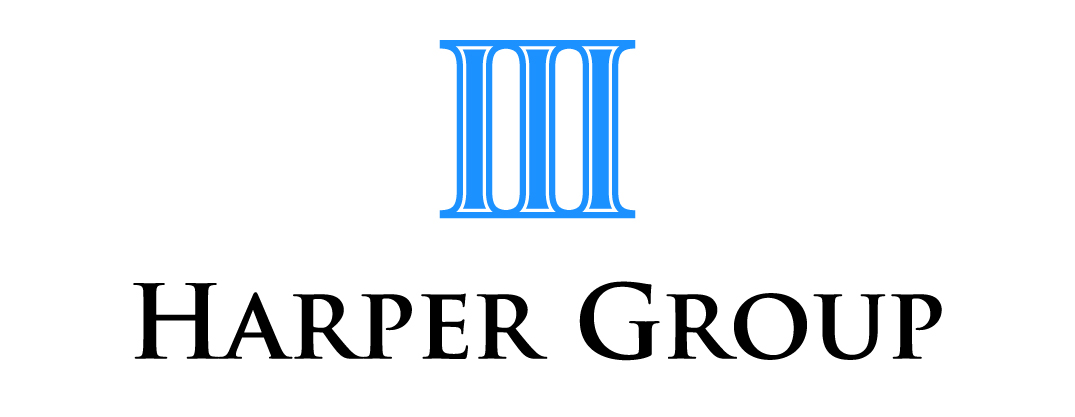Let a GST credit slip through the cracks? All is not lost
Most small business owners stay on top of their GST refunds, mainly because of cash flow concerns, but it’s not all that uncommon to now and then lose track of a credit. What quite a few small business owners may not know is that you have four years to claim any GST credit you’re entitled to.
The ATO deems that an entitlement to a GST credit ends four years from the due date of the earliest activity statement in which a taxpayer could have claimed it (setting aside any requirement to hold a tax invoice). You can claim the credit in any activity statement lodged in this period.
Generally, if you have a refund resulting from a GST error, you can:
· revise the activity statement the error was made in
· request an amendment in writing
· correct the error in a later BAS.
GST errors can include, for example, a simple clerical error (maybe you paid $5,600 instead of $5,060, or doubled up on a business activity statement amount) or miscalculated an amount related to an importation.
You have four years and one day from when you lodged the activity statement to make an adjustment. This time limit is known as the period of review. However for tax periods starting before 1 July 2012, the ATO can still be persuaded to consider outstanding amounts if it can be proven that notification has previously been made about the amount.
An “outstanding GST credit” is any GST credit for a purchase that you’re entitled to but have yet to claim – including not claiming it because you didn't hold a valid tax invoice.
If you have an outstanding GST credit for a purchase, it’s generally not necessary to revise an earlier activity statement. Instead, providing you hold a valid tax invoice, you can claim the GST credit in the next activity statement lodged providing this is done within the four-year time limit.
When the four-year time limit begins: Cash basis
If you account for GST on a cash basis, the earliest tax period in which you can claim a GST credit for a purchase is the tax period in which you make the payment.
Example: Time limit for GST credit (cash accounting): Peter the plumber reports GST quarterly and accounts for GST on a cash basis. In May 2018, Peter pays in full for some tools. The earliest tax period in which he can claim the GST credit for his purchase (setting aside any requirement to hold a tax invoice) is the quarterly period ending 30 June 2018. The due date of Peter's activity statement for this period is 28 July 2018. The four-year time limit for claiming the GST credit ends four years from this date (28 July 2022).
Peter needs to obtain a valid tax invoice (if he doesn't already have one) and claim the GST credit in an activity statement that he lodges by 28 July 2021. If he doesn't claim the credit by this time Peter will cease to be entitled to the credit.
Example: Payment over multiple tax periods (cash accounting): If you make the payment over multiple tax periods, the time limit applies separately to each part of the payment.
Ruberto & Co reports GST monthly and accounts for GST on a cash basis. The business buys a printer, paying for half of it on 14 April 2018 (when the order is placed) and the other half on 5 May 2018 (when the printer is delivered).
The earliest tax period in which Ruberto & Co can account for the first half of its GST credit is the April 2018 period and the earliest tax period in which it can account for the second half is the May 2018 period. The four-year time limit for the first half of the credit ends four years from the due date of Ruberto & Co's activity statement for the April 2018 tax period (that is, 21 May 2022). The four-year time limit for the second half of the credit ends four years from the due date of Ruberto & Co's activity statement for the May 2018 tax period (that is, 21 June 2022).
When the four-year time limit begins: Accruals basis
If you account for GST on a non-cash (accruals) basis, the earliest tax period in which you can claim a GST credit for a purchase is the first tax period in which either:
an invoice for the purchase is issued
you provide part or all of the payment for the purchase.
The four-year time limit begins on the due date of the activity statement for this tax period.
Harper Group Pty Ltd Chartered Accountants Frankston Ph 9770 1547
Disclaimer: All information provided in this article is of a general nature only and is not personal financial or investment advice. Also, changes in legislation may occur frequently. We recommend that our formal advice be obtained before acting on the basis of this information.
